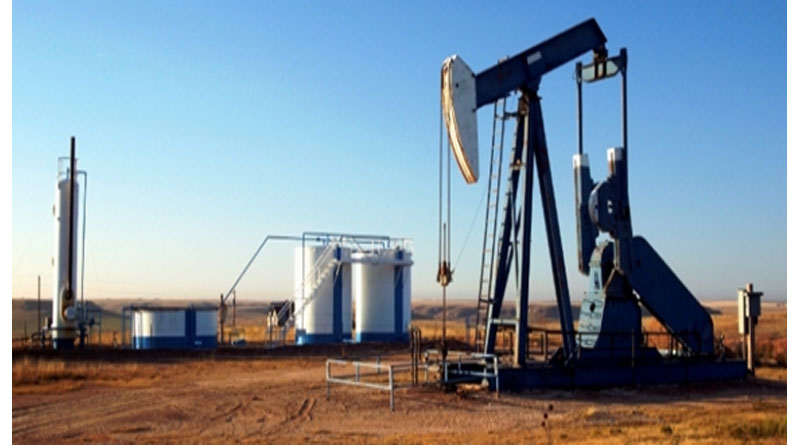Kuwait Sees $80 Oil By 2020

A number of oil executives, analysts, and international agencies have been warning that the oil price crash and resulting slashed investments across the board would lead to a much tighter oil market within the next 4-5 years.
Now the head of Kuwait’s national oil company Kuwait Petroleum Corporation (KPC) is joining the ranks of those warning that by 2020, oil demand will be ‘enormous’ as the low global investments we’ve seen since 2014 begin to catch up with supply.
Nizar Al-Adsani, chief executive at KPC, expects ‘enormous demand’ for crude oil in 2019 and 2020, with oil prices likely in the US$70-80 range per barrel, the manager said at the Offshore Technology Conference in Houston, as quoted by Rigzone.
Al-Adsani reckons that “it’s a given” that we won’t see oil at US$100 per barrel anymore, and sees the sweet spot of prices in the US$50-60 range for all – producers, consumers, international oil companies and shale drillers.
The US$50-60 oil price range the Kuwaiti manager mentioned may be a reasonable target for the Middle Eastern producers. It’s higher than the lows from last year’s first quarter, and would allow OPEC states to patch up some government finances that have been eroded by the oil price slump. On the other hand, it’s not as high as to warrant spending sprees by U.S. shale. US$60 oil is reportedly Saudi Arabia’s goal for this year.
Until the end of the year, Al-Adsani sees oil prices at between US$40 and US$60, Rigzone quoted him as saying.
Analysts have warned that oil could drop to US$40 or even below that mark if OPEC doesn’t roll over the production cuts through the end of the year.
In its latest Short-Term Energy Outlook, the EIA sees Brent prices averaging US$54 this year and US$57 next year, with WTI prices averaging US$2 less than Brent prices both this year and next.
Citigroup sees oil prices at US$65 by Christmas, provided that OPEC extends the production cut deal.
These projections, however, are for the short term, before the lack of global investment in upstream hits the supply side of the market within a few years, according to analysts. In March, the International Energy Agency (IEA) warned that “global oil supply could struggle to keep pace with demand after 2020, risking a sharp increase in prices, unless new projects are approved soon.”
Just last week, the IEA reiterated its stance that with the volume of new oil discoveries hitting a record low in 2016, the oil market would be tighter and prices would be higher towards the end of the decade and into the 2020s.
Kuwait Petroleum Corporation’s Al-Adsani is not the only manager who is predicting an oil price shock ahead, due to the current low (or lack of) exploration investment.
Majid Jafar, CEO of the UAE-based Crescent Petroleum, told CNBC in Davos in January that “the problem over the last year is no one has been investing enough in the upstream. … for three years in [a] row, which is unprecedented, and so there is a real risk a few years down the line of an oil price shock.”
Amin Nasser, President and CEO of Saudi Arabia’s oil giant Aramco, said in a speech last month that “while the short-term market points to a surplus of oil, the supplies required in the coming years are falling behind substantially and the investments we now see coming back are not going to be enough to get us there.”
In March, Paal Kibsgaard, Chairman and CEO at Schlumberger, warned that the depletion rate will increase in the scenario in which “additions of proven developed reserves are curtailed through lower investments”.
So, the industry needs higher and relatively stable oil prices in order to return to stable investment. At the beginning of this year, Wood Mackenzie expected that global exploration and production investment would rise in 2017 for the first time since the downturn, by 3 percent to US$450 billion, but, “though a corner is being turned, this is still 40 percent below the heady days of 2014.”
By Tsvetana Paraskova for Oilprice.com
(Source: OilPrice.com)


